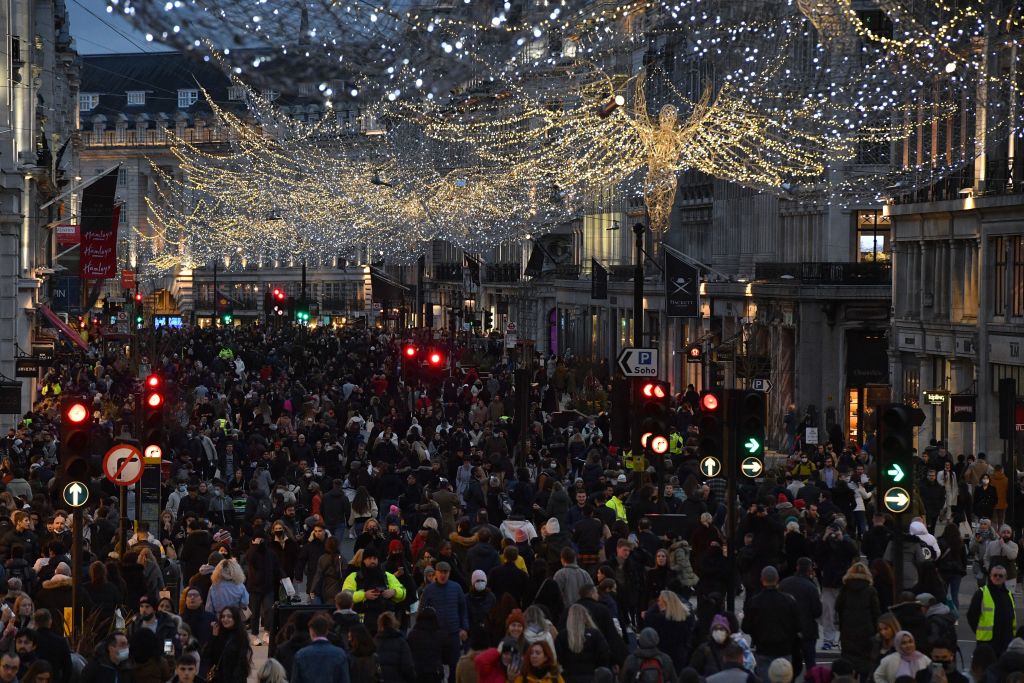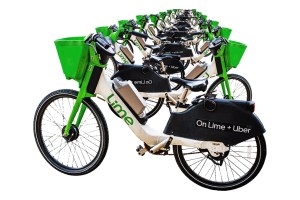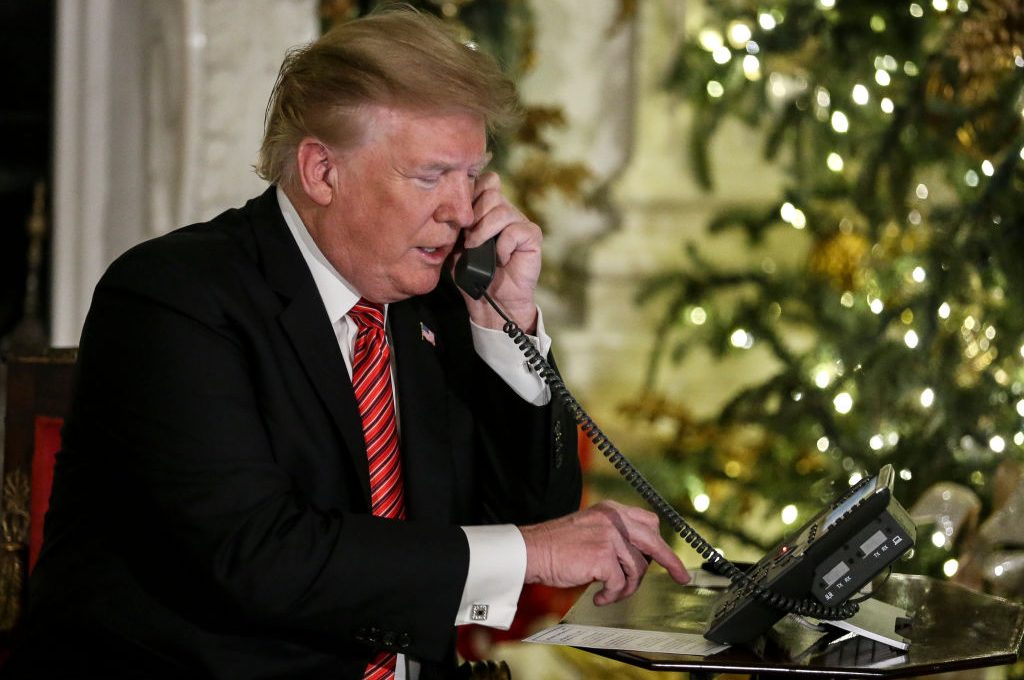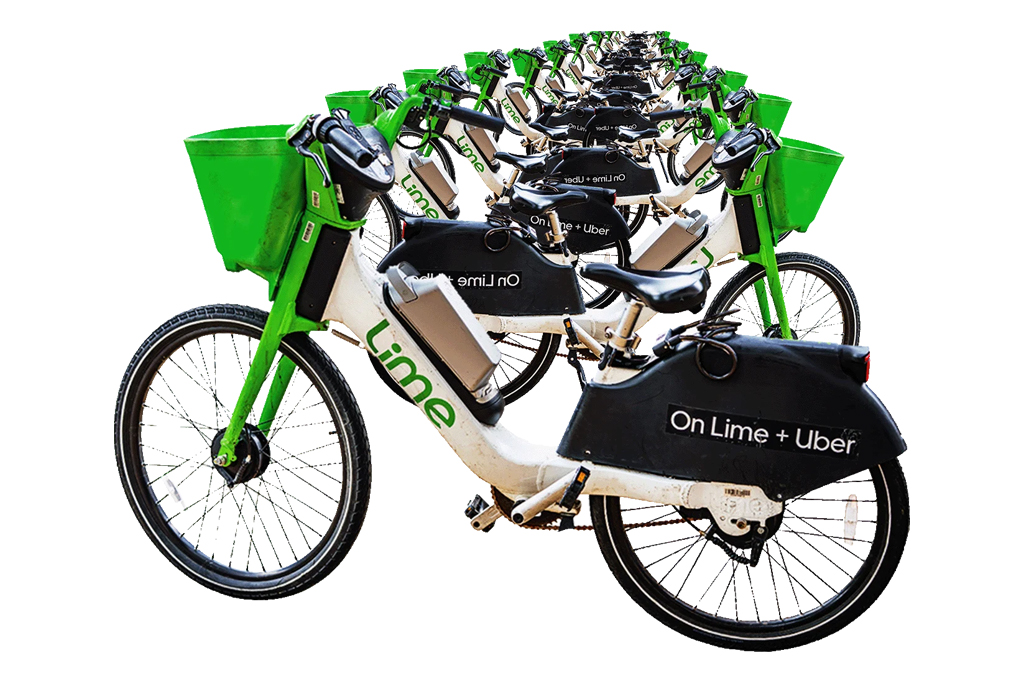London will enter Tier 3 COVID restrictions on Wednesday, because people are mixing too freely and thus spreading a deadly virus. Next week, those restrictions will vanish for five days, allowing people to mix more freely, thus spreading a deadly virus.
The paragraph above captures just how frankly stupid the Christmas COVID amnesty policy is. Much of 2020 has been a real-life experiment in epidemiology, proving — not that it’s necessary — that when you relax restrictions put in place to slow the spread of a disease, that disease spreads more quickly.
That was the story of the summer and early fall: England’s second lockdown was an inevitable and logical consequence of summer relaxations aimed at getting life back to normal (some of you may remember that week the UK government tried to get everyone to go back to the office).
The rising caseload in London is an equally predictable (and predicted: I heard someone in government talking about the inevitability of Tier 3 for London almost two weeks ago) result of relaxations after Lockdown 2.0.
So what does anyone think will happen after five days of unrestricted travel and household mixing? Anyone who yelps with surprise and dismay about the death toll and restrictions that will define the national conversation in January should be ignored utterly, just as someone who complains that night follows day should be dismissed.
I take it as an uncontroversial statement of fact that the Christmas relaxation will mean more cases and more deaths. I’m quite willing to be persuaded otherwise, but as far I can see there is no credible dispute on that point. Rather, the case for the amnesty is a combination of ‘well, people will do it anyway’ and — rarely said so explicitly — the additional deaths are a price worth paying for the wider happiness and wellbeing that Christmas mixing will bring.
I do not minimize the value of those latter benefits, but I think they should be more clearly discussed. If politicians are going to take a decision that a few more people should die so that a lot of other people can have a nice day with their family, I think they should at least say so.
I do, however, challenge the idea that people will mix at Christmas regardless of what leaders say. It is possible, with courage, clarity and good discipline, for political messaging to change norms and change behavior. A strong campaign of leadership begging people to postpone Christmas until the spring, to make one last sacrifice in the battle against COVID, was possible and would have reduced the numbers who move around next week, and thus the spread of the virus.
And this brings me to the real horror of the Christmas COVID amnesty: the cowardly absence of political debate about it. I’m generally quite keen on political consensus, but the five-day break from fatal reality has been delivered by something bordering on a conspiracy of silence by politicians of all parties and nations. MPs who know perfectly well that relaxing restrictions for Christmas will mean more harm and more severe restrictions next month are not saying so.
Britain’s media culture doesn’t help here either. There are significant voices on what used to be Fleet Street who are heavily invested (in several senses) in the idea of a jolly Christmas with turkey and happiness and consumer spending. That means any politician who dares offer a Scrooge-like note of caution — or just some basic critical thinking — on the Christmas relaxation risks the pillory.
Social media can be at least as bad. When I wrote a while back about the folly of the Christmas amnesty, I was struck by the volume and ferocity of the Twitter backlash I faced — and by how many of those claiming furious anger at my attempts to crush their Christmas dreams bore all the hallmarks of being bot accounts run from elsewhere.
Yet neither of these factors excuses political silence over a policy that will mean more cases, more deaths and then more restrictions in January, with all the social and economic harm those curbs will do. It is still possible for politicians to tell people things they don’t really want to hear, to do things for the greater good that are not, at first blush, popular. It just takes a bit of courage and some of the thing that we used to recognize as leadership.
Yet that leadership is painfully lacking when it comes to Christmas. Britain’s politicians, rightly, spend much time discussing the detail and implications of Covid policies: these are life and death choices, after all. Yet there is barely a squeak of debate about the impact of next week’s relaxation. The UK prime minister has, characteristically, spent months over-inflating the Christmas COVID-bubble, yet he is far from alone: Scottish and Welsh leaders have joined in, even though their scientists too have told them it’s a mad, bad and likely deadly plan. Nor have opposition parties done much actual opposing. As far as I can see, Labour’s major criticism is that train tickets might be too expensive to allow some to take advantage of the Christmas break from medical reality.
The absurdity of that relaxation is only highlighted by the nature of Tier 3 restrictions, which include an order not to leave the zone they cover, lest you carry your increased risk of infection elsewhere and put others at risk. Yet Londoners whose aggregate caseload is today judged so severe as to warrant the highest restrictions will from December 23 be free to jump in the car or cram onto trains and travel wherever they wish. The sheer inconsistency and gaping lack of logic borders on black comedy.
[special_offer]
For whatever it’s worth, I don’t mean here to criticize any individual who takes advantage of the UK Christmas amnesty: they will, after all, be doing something their government and Parliament have said is acceptable. For some, it may well be possible to do so without either individual or community risk, though people are largely left to make that calculation themselves without any useful information from government. And goodness knows, after an awful year, we all just want to see the people we’ve missed for so long.
No, my target isn’t people making decisions for themselves and their families. It’s the people making decisions for the UK as a whole. The people who are supposed to mediate between our immediate wants and our longer-term needs, between the wishes of individuals and the imperatives of bigger groups. The people who are supposed to make difficult choices and consider the meaning of those choices.
The country may not want it, but what Britain really needs for Christmas this year is some political leadership.
This article was originally published onThe Spectator’s UK website.

























